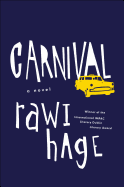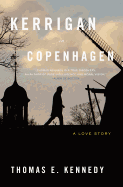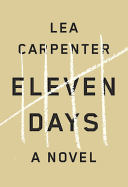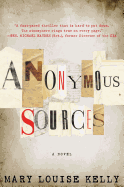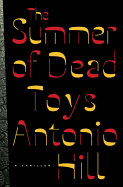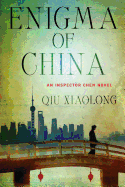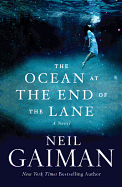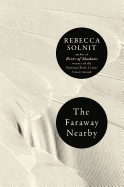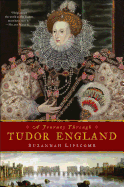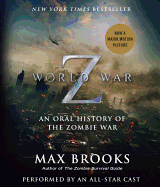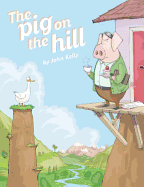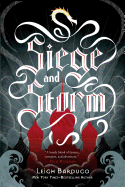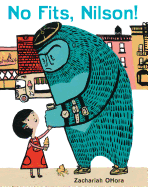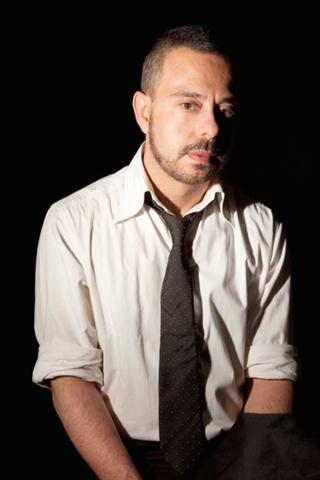 |
| photo: Jaume Recoder |
Barcelona native Antonio Hill has spent more than a decade translating such authors as Jonathan Safran Foer and David Sedaris into Spanish. His first novel, The Summer of Dead Toys (see our review below), a thriller set in his hometown, was published in Spain in 2011. It's just been released in the U.S. Hill's second novel featuring Inspector Hector Salgado will be available in 2014.
The Summer of Dead Toys stars Barcelona detective Hector Salgado, an Argentinian by birth. Why did you decide to make Hector an Argentinian?
It was a sudden choice. I wanted to talk about Barcelona, a city I know well (since I was born and have lived there most of my life) from the perspective of a foreign character. Because I also know Buenos Aires and a lot of Argentinian people of Spanish origin have moved to Spain in the last decades, the decision was fast. At the same time, being an outsider helped to reflect better Hector's personality: now that he's been left by his wife, he notices the city as beautiful, but not so welcoming as it had been before. He feels lonelier than if he had a whole family in the city, for example.
In The Summer of Dead Toys, teenager Marc Castells falls to his death out of a window. It's unclear whether it was accident, murder or suicide, and Hector is asked to "unofficially" question Marc's friends and family members. What was appealing to you about having a case that wasn't quite a case for Hector's first appearance?
Hector was more or less "suspended" at the beginning of the novel, so I needed a case that was not exactly a full case, or he could not have dealt with it. Marc's death is assigned to him more as a favor to his boss, who also wants to keep Hector busy and out of trouble. And I liked the idea that a "minor case" could hide so many twists and secrets. What starts as an "accidental death"--a boy who drank too much during a party and fell down out of a window--develops into a darker story that really started when that teenager was no more than a small child.
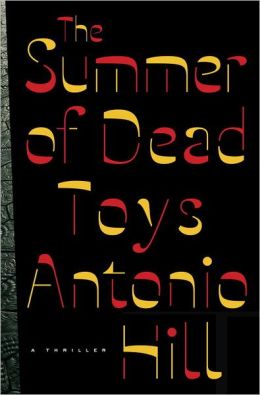 Hector's suspension happened because he beat an old man who was trafficking in young girls. The old man also dabbled in voodoo, which lends a bit of an uneasy edge to Hector's life. Do you see the aftereffects of this incident spilling over into future books?
Hector's suspension happened because he beat an old man who was trafficking in young girls. The old man also dabbled in voodoo, which lends a bit of an uneasy edge to Hector's life. Do you see the aftereffects of this incident spilling over into future books?
Voodoo is a very appealing topic. It has a dark edge. It is something we, occidental and rational people, cannot understand completely. Of course, we don't believe in it; we think its power is more due to suggestion. So I thought it would be unsettling to combine a city as beautiful as Barcelona (sunny, warm, elegant, modern) with that kind of ancestral belief that most of us would dismiss as superstition. The effects of the incident spill over into Hector's life (as well as his relatives' lives) in very unexpected ways. I do not believe in the supernatural, and neither does Hector, but we both believe that there are evil people who will resort to anything to hurt you deeply.
Your next Hector Salgado novel, The Good Suicides, will be released in the U.S .in June 2014. Care to give a preview of the book?
The Good Suicides is Hector's second case, and it starts when he must deal with a violent death. Sara Mahler, the secretary of a pharmaceutical company CEO, gets killed after jumping (or being pushed) to the underground railway. There are a few peculiar facts around Sara's death, and the case gets more complex when Hector and his team discover that another employee of the same company (in this case an accountant) killed himself after murdering his wife and daughter a few months before. The Good Suicides explores a mystery set in a work environment: a place where we spend most of our daily life and where we establish relationships that are not as close as family or friends, but can become very intense for good and for bad (you must work for a boss you hate or near a person you secretly love, for instance). I thought a modern company--in this case a cosmetics lab--could be a great setting for a crime novel in the 21st century.
Hector has an enormous collection of classic movies, and movie references sprinkle the book. Does this reflect your own interests?
Definitely, yes. I love movies, but not only classic ones. I'd say Hector's taste is more classical than mine. For guys our age (Hector and I are both 40-something) cinema was very important: we grew up with Star Wars, we wanted to be Han Solo... now this has been changed by video games and the Internet, but when I was young, cinema was the big window to the world.
You've translated many English-language novels into Spanish. Did that help inspire you to start writing your own fiction?
Probably yes, although in an unconscious way. I have not translated many crime novels, for instance, but I always knew I would write a thriller or mystery novel someday. It was something I had in mind for years, and suddenly I thought it was the right time to do it. It was a "now or never" sort of thing. --Jessica Howard, blogger at Quirky Bookworm
Antonio Hill: From Translator to Novelist
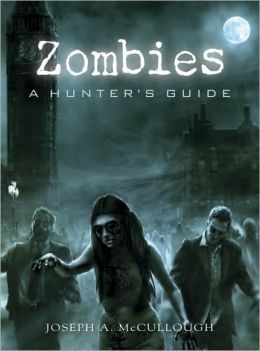





 Hector's suspension happened because he beat an old man who was trafficking in young girls. The old man also dabbled in voodoo, which lends a bit of an uneasy edge to Hector's life. Do you see the aftereffects of this incident spilling over into future books?
Hector's suspension happened because he beat an old man who was trafficking in young girls. The old man also dabbled in voodoo, which lends a bit of an uneasy edge to Hector's life. Do you see the aftereffects of this incident spilling over into future books?